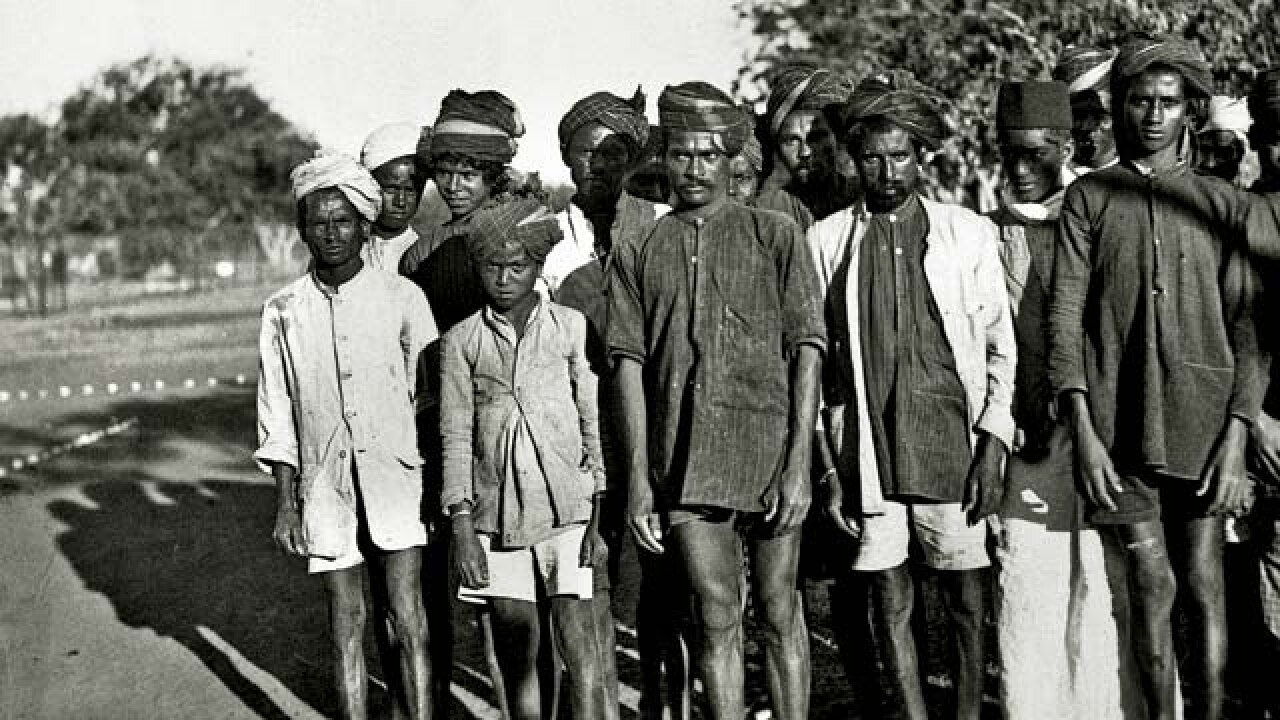
Identity politics in India used to be ubiquitous. It permeated discussions of social, economic, and political problems to the extent that no one was unable to approach, let alone propose solutions without first invoking identity questions, chiefly around caste, religion, and gender. The media, intelligentsia, universities, students, even the legal system and political establishment — all seemed to invoke identity politics as the starting and ending point. In turn, such invocations often blocked the proper identification of the issues at stake. Problem formulation and solving remained, at best, superficial and, at worst, deepened crises. Arguably the legacy of the colonial policies of divide et impera, identity politics pushed out most other ways of understanding and changing ourselves.
What happened in India was also part of a worldwide trend, especially in the second half of the 20th Century. In the West, identity politics had a very strong and vibrant upsurge with the rise of second-wave feminism, the Civil Rights movement and gay, lesbian, and aboriginal agitations for empowerment. Subsequently, identity politics was also one of the chief avenues of self-assertion of ethnic minorities, immigrants, and diasporic communities. In India, we saw echoes of similar claims in the 1970s Dalit Panther movement and in other struggles of disenfranchised groups for greater power within the system. One key aspect of identity politics is to use those very aspects of a group’s identity which are the source of its marginalisation — race, colour, caste, ethnicity, religion, sexual preference, and so on — to define the group, thereby turning the source of victimhood to a demand for justice. It is also interesting to observe that in societies such as China, we see no parallels to this rise of identity politics as a legitimate expression of political aspirations. The struggles of Tibetans or the Uighurs in China, for example, are regarded as illegal and illegitimate by authorities.
No doubt identity politics has been a powerful tool for the empowerment of the oppressed, but it has also resulted in social divisiveness and, in even more extreme cases, in hatred and violence. After all, jihadist terrorism may also be considered an extreme form of identity politics in which a small group of extremists, who consider themselves the chosen warriors of God, unleash calamitous aggression and bloodshed, often on innocent civilians, because they believe themselves to be fighting for a just cause.
The other fallout of identity politics is a politics based on caste or community which is usually expressed in opposition to some other groups perceived to be more privileged. Thus, our public sphere is often characterised by a divisive contentiousness and a conflict mode, which creates new problems even as it tries to solve old ones. With the rise of identity politics, there is a premium on marginalisation. Everyone wishes to belong to or speak on behalf of some oppressed group or the other. Jats in the North, Patels in Gujarat, and Marathas in Maharashtra, powerful and privileged communities, now want the tag of being backward. This competitive backwardness, it seems, is actually the most effective method of going forward. Backwardness is no longer a handicap; it is a resource.
But has identity politics run its course the world over? In “The Hubris of Culture and the Limits of Identity Politics” published in Commonweal in 2016, noted Marxist literary critic Terry Eagleton argued as much, saying that identity politics was culturist and superficial, whereas anti-colonialist struggles resulted in major changes. In India, such misgivings over identity politics are even more pronounced. Predicated upon a conflict instead of cooperative paradigm of problem-solving, identity politics fuelled caste and class hatred, minoritarian and divisive politics, thus privileging the margins and putting a premium on victim positions.
India’s disenchantment with identity politics was best exemplified by its utter collapse in the recent UP elections. The politics of bijli, sadak, paani (electricity, roads, water), it would appear, defeated that of caste, religion, and region. Pragmatist politics triumphed over identity politics. All over India, one finds people increasingly suspicious and, at times, exasperated by what goes in the name of identity politics. Many, especially in the middle class, consider it a camouflage for unethical or dubious pursuits: unearned privileges and political chicanery. This is not to deny the existence of inequality or injustice, or for that matter, of difference, but pinning them on cultural and ideological difference is not convincing.
Culture and ideology, even religion, are at most skin deep. They do not descend to the deepest reality of who or what we are. All our differences — and we must recognise that these are many and significant – are yet not sufficient to make us non-separate from one another. The structure of human experience, regardless of individuation determined by context, is therefore quite similar. The struggle to right wrongs, redress injustice, and assert one’s identity will, of course, go on, as they should. However, to try to found these fights on essential alterity is as unconvincing as it is debatable.
Does the victory of Hindutva signify a decisive shift from identity to dharma-based politics in India? It is too early to be sure, but the true test would be sarvodaya, commonweal, the good of all, not just of one group, community, region, caste, class, religion, or gender. If, as a first step, the forces of unity have won over those of divisiveness, at least for the Hindus, who are about 80 per cent of the population, this is a welcome step in the right direction.
The author is a poet and Professor at JNU, Delhi.